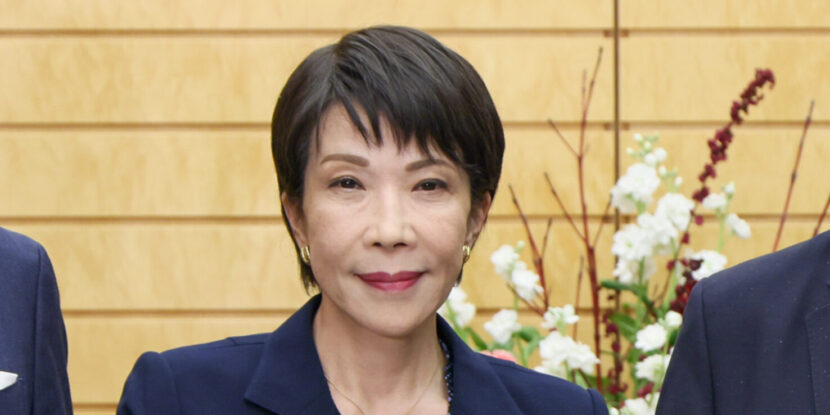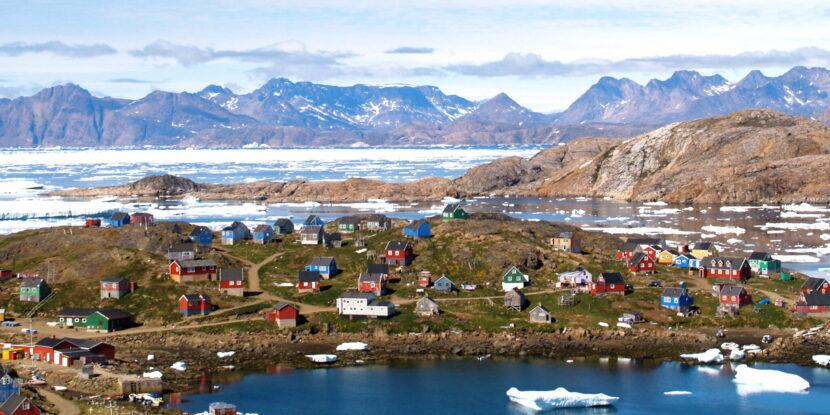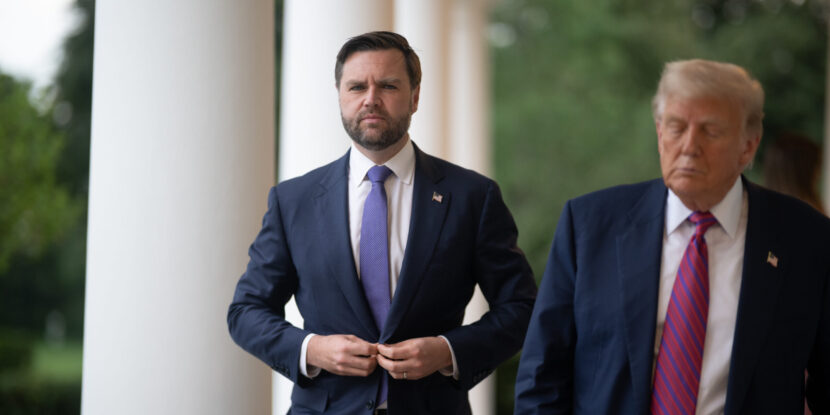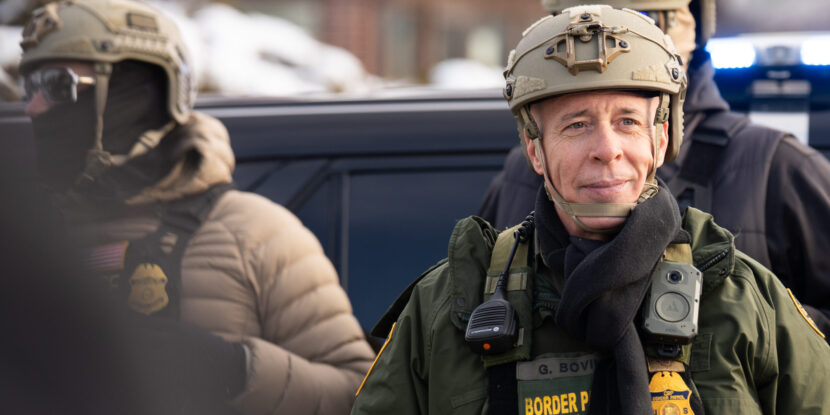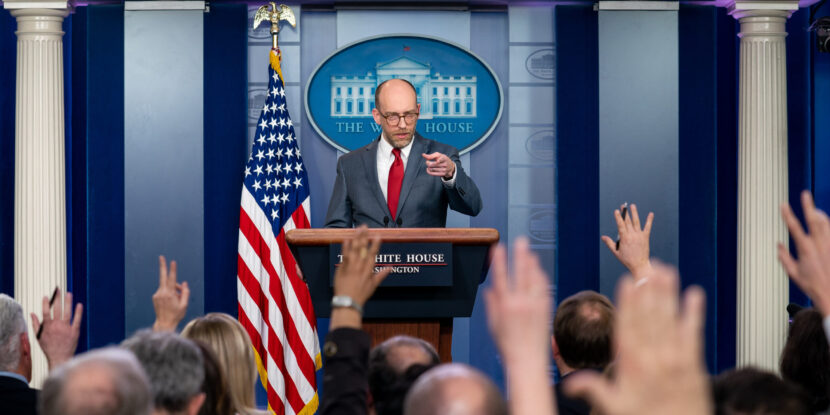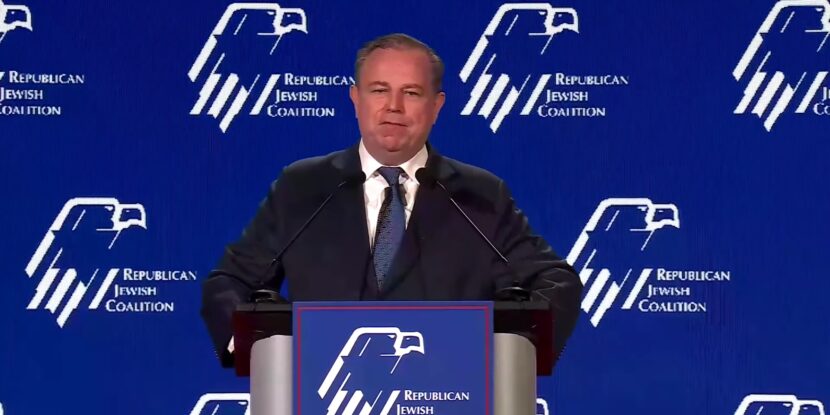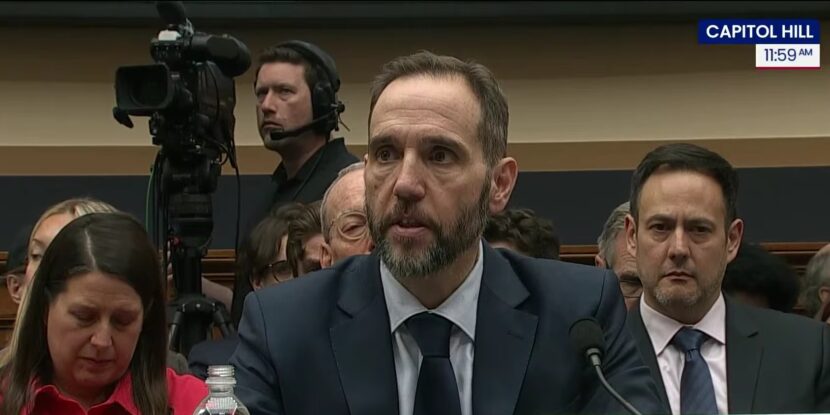❓WHAT HAPPENED: Japan’s new prime minister, Sanae Takaichi, announced she will be cracking down on criminal migrants in her first speech as PM.
👤WHO WAS INVOLVED: Prime Minister Sanae Takaichi, President Donald J. Trump, and regional actors such as China, Russia, and North Korea.
📍WHEN & WHERE: Takaichi took office on October 21; discussions with Trump are scheduled for October 27-29 in Tokyo.
💬KEY QUOTE: “It is a fact that unlawful activity and violation of rules by some foreigners are causing the sense of unease and unfairness among Japanese people.” – Sanae Takaichi
🎯IMPACT: Japan’s concern over criminal migrants comes as the country struggles with historic low birth rates, with some are calling for more migration to fill gaps in the workforce.
Japan’s new prime minister, Sanae Takaichi, has pledged to tighten enforcement against criminal activity by migrants, linking domestic security concerns to her broader national defense agenda. Takaichi, who became the country’s first female leader this week, said her government would act decisively in response to rising public unease about unlawful behavior among some foreigners.
“It is a fact that unlawful activity and violation of rules by some foreigners are causing the sense of unease and unfairness among Japanese people,” Takaichi said in her first address after taking office. “The government will respond decisively to these activities. It’s not xenophobia,” she added.
She announced that her administration will strengthen oversight of foreign workers and consider new restrictions on foreign land purchases. Kimi Onoda, appointed as economic security minister, will oversee these measures as part of a wider plan to protect Japan’s economic and social stability.
While Takaichi also reaffirmed her commitment to boosting defense spending to two percent of GDP by March 2026, one year earlier than planned, her early rhetoric has emphasized the need to maintain internal order alongside external security. She cited “grave concerns” about the military activities of neighboring China, North Korea, and Russia, saying Japan must be prepared to safeguard its sovereignty amid shifting global power dynamics.
Takaichi’s remarks come as Japan grapples with long-term demographic challenges. The nation’s birth rate has fallen to its lowest point in 125 years, with fewer than 700,000 babies born last year and the fertility rate dropping to around 1.15 children per woman. More than 30 percent of the population is now over 65, and the shrinking workforce has prompted debates about whether Japan should embrace mass migration.
Despite its labor shortages, Japan has maintained one of the strictest immigration policies among developed nations. In 2023, it granted asylum to just 303 people, rejecting roughly 98 percent of applicants. Takaichi’s latest comments suggest her government will continue that cautious approach, focusing instead on tightening enforcement and deterring foreign residents who break the law.
On the international stage, Takaichi is preparing to host President Donald J. Trump for a summit in Tokyo from October 27 to 29. The two leaders are expected to discuss strengthening the Japan–U.S. alliance, further defense cooperation, and migration issues. Trump, who praised Takaichi after her election, called her “a highly respected person of great wisdom and strength” and said her victory was “tremendous news for the incredible people of Japan.”
Join Pulse+ to comment below, and receive exclusive e-mail analyses.
